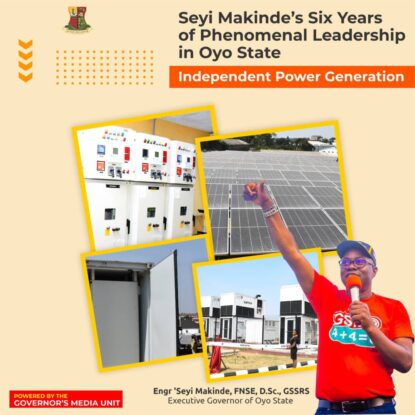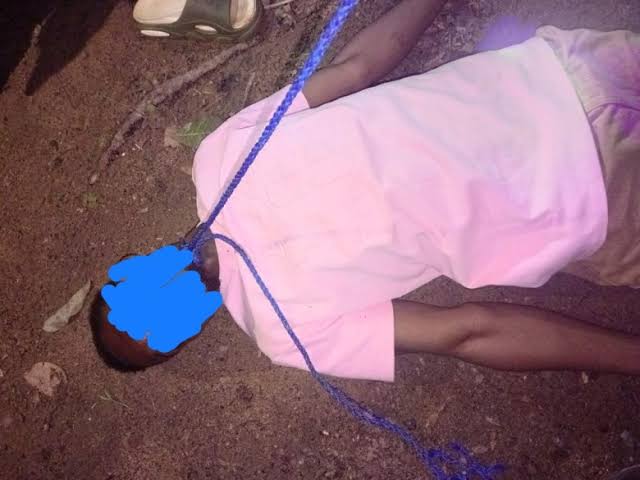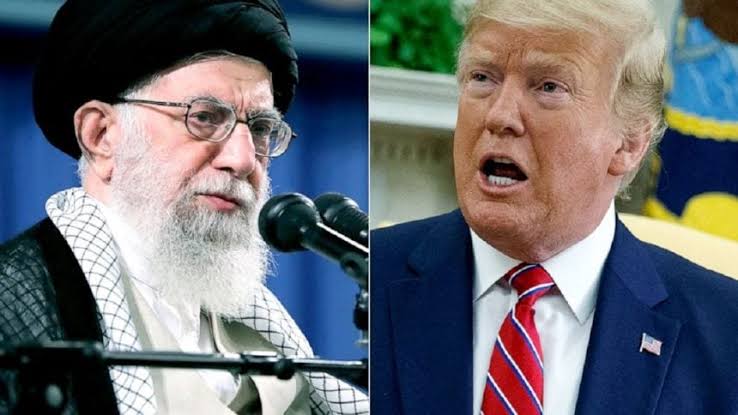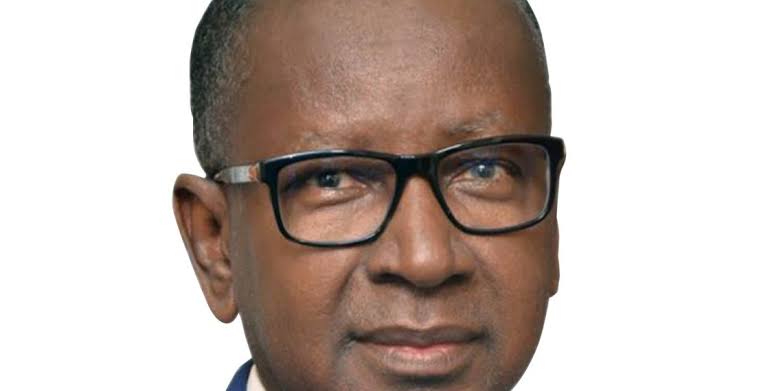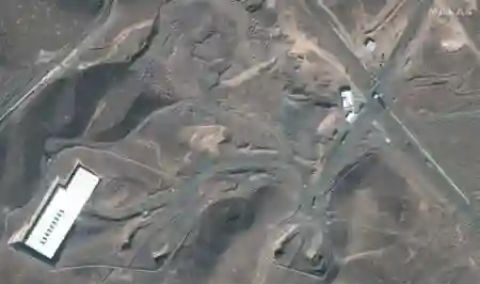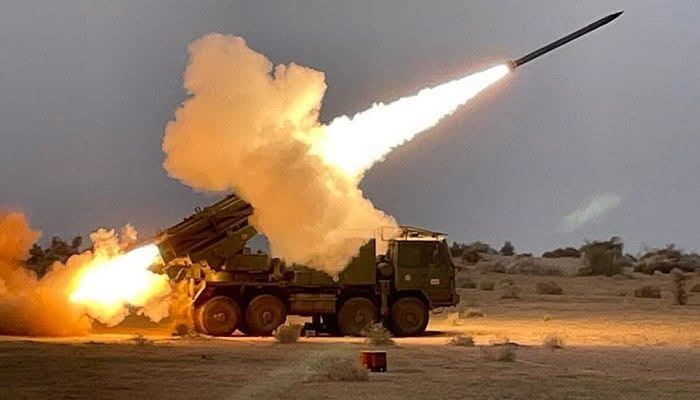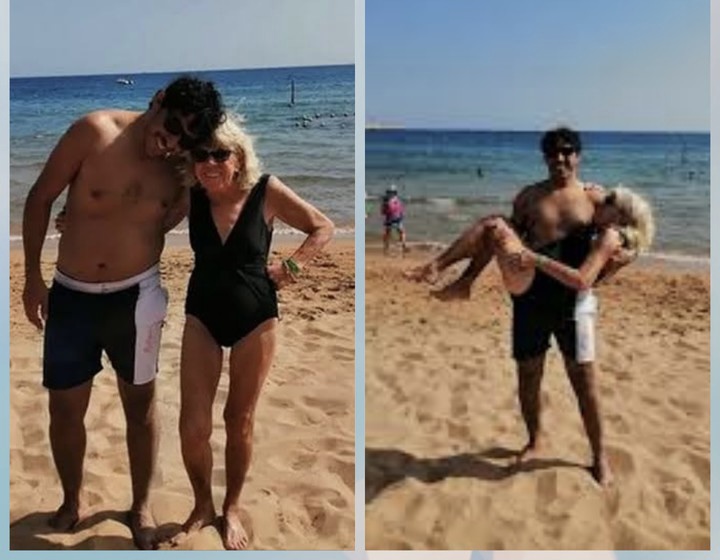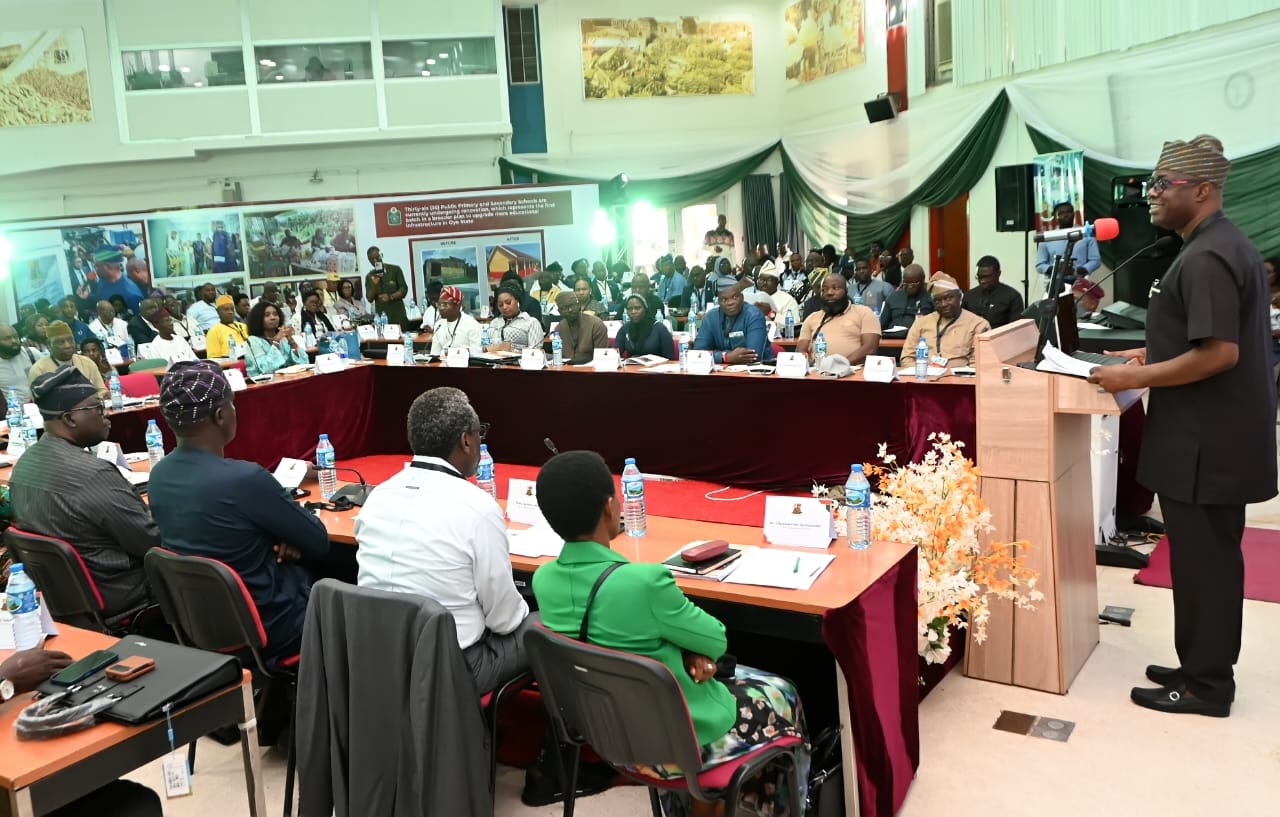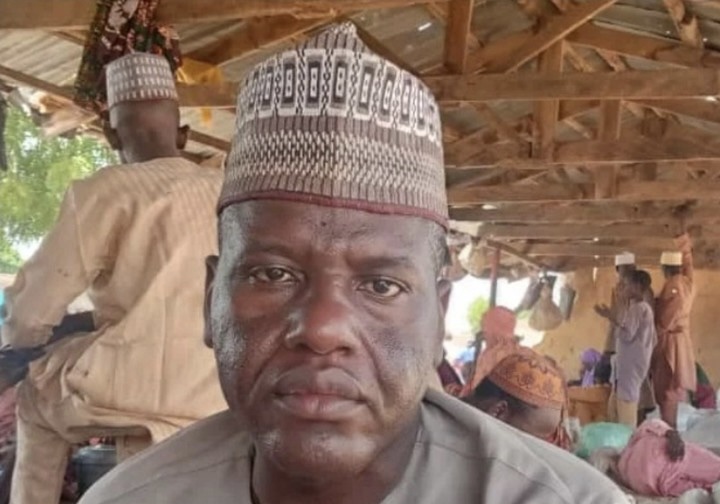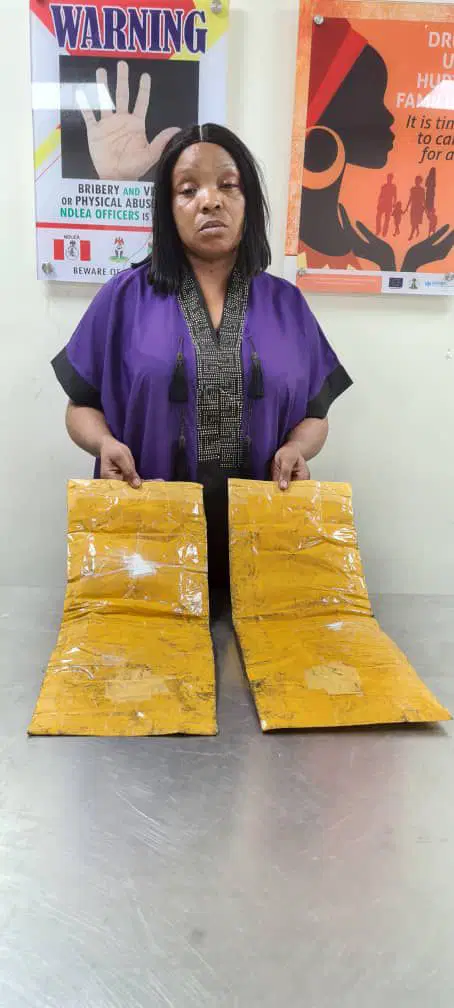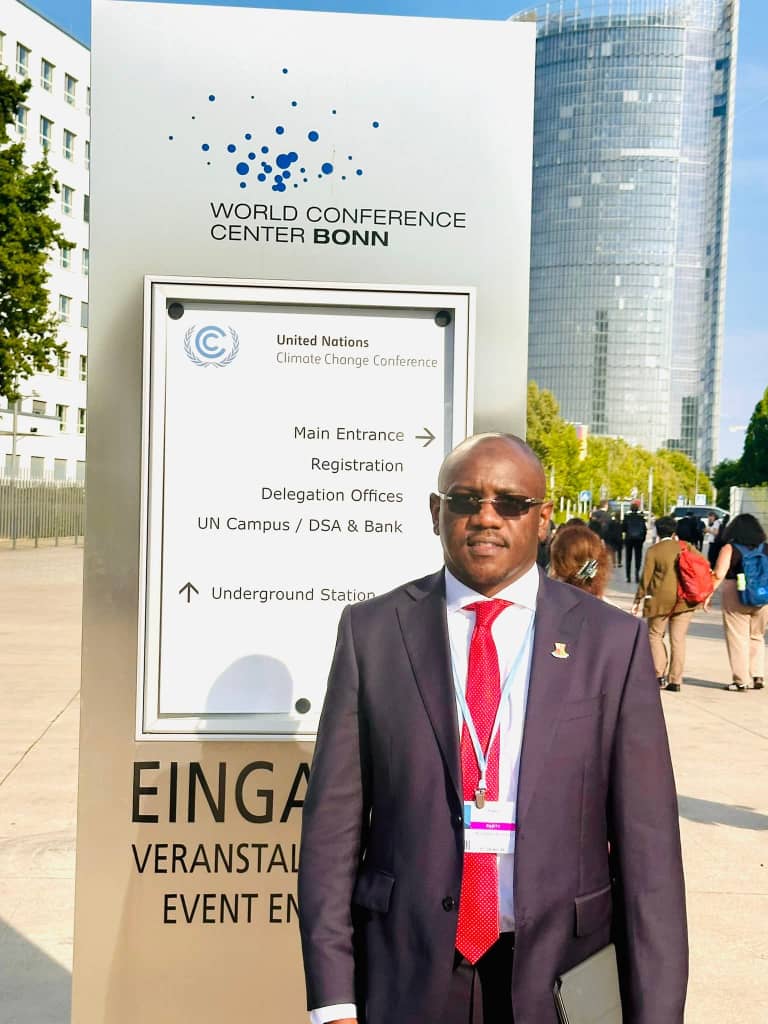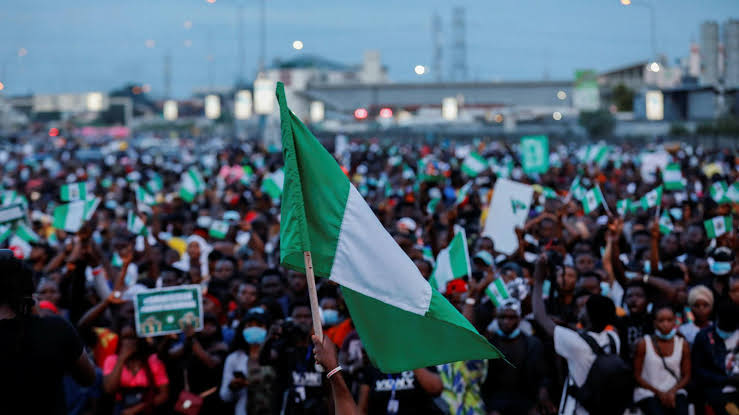Trump finally calls for peace after Iran attack on US base in Qatar
Iran launched a missile attack on an American air base in Qatar on Monday that caused no injuries, and U.S. President Donald Trump dismissed it as a “weak response” to U.S. attacks while urging Iran and Israel to make peace after 11 days of mutual hostilities.
The attack on Al Udeid Air Base in neighbouring Qatar threatened to widen a conflict that began on June 13 with an Israeli strike on Iran targeting its nuclear programme and ballistic missiles.
Iran had threatened to retaliate against the United States after U.S. bombers dropped 30,000-pound bunker-busters on Iranian underground nuclear facilities at the weekend, joining Israel’s air war against Iran, and Trump had raised the possibility of the Iranian government being toppled.
“We did not assault anyone, and we will never accept being assaulted by anyone,” Iran’s Supreme Leader Ayatollah Ali Khamenei said in a statement. “We will not submit to anyone’s aggression – this is the logic of the Iranian nation.”
Iran gave advance notice to the U.S. via diplomatic channels hours ahead of the attack, as well as to Qatari authorities. Trump seized on that as a positive sign.
“I want to thank Iran for giving us early notice, which made it possible for no lives to be lost, and nobody to be injured,” Trump wrote on his Truth Social media site. “Perhaps Iran can now proceed to Peace and Harmony in the Region, and I will enthusiastically encourage Israel to do the same.”
He said Iran fired 14 missiles at the air base, calling it “a very weak response, which we expected, and have very effectively countered.”
“I am pleased to report that NO Americans were harmed and hardly any damage was done,” Trump wrote. “Most importantly, they’ve gotten it all out of their ‘system,’ and there will, hopefully, be no further HATE,” Trump wrote.
The attack strained Iran’s relationship with its Arab neighbors: Qatar condemned it, as did Bahrain, the United Arab Emirates, Saudi Arabia, Kuwait and Iraq.
Israel said it carried out its most extensive wave of attacks on Tehran ever on Monday.
Targets included a Tehran prison where Iran’s leadership holds political opponents, in a renewed demonstration of its willingness to strike beyond its previously stated military and nuclear targets to target key pillars of Iran’s ruling system.
Despite Iran’s threats to challenge oil shipments from the Gulf, oil prices fell 7% in volatile trading , suggesting traders doubted the Islamic Republic would follow through on any action that would disrupt global supplies.
Qatar, situated just across the Gulf from Iran, closed its airspace after receiving the advance warning from Iran, a source familiar with the matter told Reuters.
Iranian Foreign Minister Abbas Araqchi met Russian President Vladimir Putin in Moscow as Tehran sought backing from one of its last major power friends for its next steps.
STRIKING ‘REGIME TARGETS’
Israel made clear that its strikes on Evin prison and other targets in Tehran were intended to hit the Iranian ruling apparatus broadly, and its ability to sustain power.
Iran’s IRIB state broadcaster released video showing rescue workers combing the flattened wreckage of a building at the prison, carrying a wounded man on a stretcher. The Mizan news outlet of Iran’s judiciary said urgent action was being taken to protect the health and safety of inmates there.
Evin has long been Iran’s primary prison for political detainees and people accused of espionage, as well as the site of executions that remain strong memories for the opposition. Several high-profile foreign prisoners are also held there.
Israel’s military said it had also struck Revolutionary Guard command centres responsible for internal security in the Tehran area.
The military was “currently striking, with unprecedented force, regime targets and governmental repression bodies in the heart of Tehran,” Defence Minister Israel Katz said in a statement.
Much of Tehran’s population of 10 million has fled after 10 days of bombing. Tasnim News Agency reported a strike at an electricity feeder station in the Evin neighbourhood. Power company Tavanir reported some areas in the capital experienced electricity cuts.
LIMITED OPTIONS
Since the U.S. joined Israel’s campaign by dropping massive bunker-buster bombs on Iranian nuclear production sites on Sunday morning, Iran has repeatedly threatened to retaliate.
“Mr Trump, the gambler, you may start this war, but we will be the ones to end it,” Ebrahim Zolfaqari, spokesperson for Iran’s Khatam al-Anbiya central military headquarters, said on Monday in a recorded, English-language video statement.
“Iran was bound to retaliate so as not to appear to have surrendered and look weak,” Dennis Ross, a former Middle East negotiator for both Democratic and Republican U.S. presidents, wrote in a post on X. “But (Iranian Supreme Leader Ayatollah Ali) Khamenei knows, especially if Americans have not been killed, that there is a good chance to end the war with the U.S. and to preserve the regime – always his 1st priority.”
The Trump administration maintains that its aim is solely to destroy Iran’s nuclear programme, not to open a wider war. But in a social media post on Sunday, Trump spoke of toppling the hardline clerical rulers who have been Washington’s principal foes in the Middle East since Iran’s 1979 Islamic Revolution.
Five insiders with knowledge of the discussions said efforts had been ramped up to anoint a successor for Iran’s 86-year-old supreme leader, Ayatollah Ali Khamenei. His son Mojtaba, 56, and Hassan Khomeini, 53, grandson of the revolution’s founder Ayatollah Ruhollah Khomeini, are now seen as the frontrunners, they said.
Americans are anxious over a brewing conflict between the U.S. and Iran and worry the violence could escalate after President Donald Trump ordered the bombing of Iranian nuclear facilities, according to a Reuters/Ipsos poll that closed on Monday.
Reporting by Reuters; writing by Peter Graff, Mark Heinrich and Jonathan Allen; editing by Howard Goller, Bernadette Baum, Timothy Heritage and Deepa Babington


